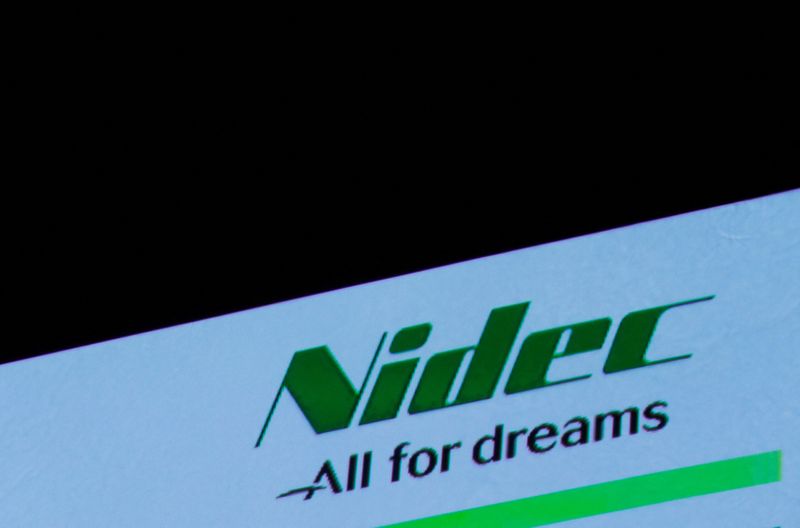By Makiko Yamazaki
TOKYO (Reuters) - New Japanese guidelines to promote more mergers and acquisitions and remove a long-held stigma around unsolicited bids will be a boon for the world's top maker of electric motors, Nidec, its chief executive said.
Shigenobu Nagamori, the bluntly spoken founder who built Nidec into a global powerhouse by scores of acquisitions, told a briefing on Thursday that Japan Inc's reluctance towards unsolicited takeovers was hampering consolidation and preventing firms from scaling up and competing globally.
Nidec is now in the midst of an unsolicited bid. It has repeatedly cited new draft rules from the trade ministry to justify its 16.6 billion yen ($118 million) offer for Takisawa Machine Tool, which had initially rejected it in private.
Nagamori welcomed the prospect of Japan becoming more receptive to unsolicited bids.
"We will have a better chance of buying a bigger company in a shorter period of time," he said.
Because unsolicited bids are seen as taboo, Nidec has typically focused on buying and turning around money-losing companies, he said, but "that takes time". He also complained that "decent companies never come out on sale in Japan".
The guidelines, to be finalised in late August, set out a code of conduct for mergers and acquisitions (M&A), cracking down on unreasonable defence tactics and other steps that should reduce the reluctance for unsolicited takeovers.
The rules, for example, say management should not spurn a credible takeover offer before notifying the board or allowing it to give sincere consideration.
In corporate Japan, unsolicited bids have been seen as too adversarial. The taboo is such that Nidec was not able to find a major securities firm to advise on its unsolicited bid, Nagamori said.
"People complain that many Japanese firms are trading below their book value, but someone has to come up with specific plans," he said.
"Who else can push Takisawa's stock price to 2,600 yen?" he said, referring to Nidec's tender offer price with an 80% premium.
Nidec is giving Takisawa 60 days to consider the proposal, but plans to start the tender offer in mid-September even if the Takisawa board does not agree on it.
Nagamori also warned against the use of "poison pills", which dilute the stakes of certain shareholders and defend against unwelcome bidders, saying that strong performance and high share prices should be the best defence.

($1 = 140.1900 yen)
(This story has been refiled to fix the typo in paragraph 8)